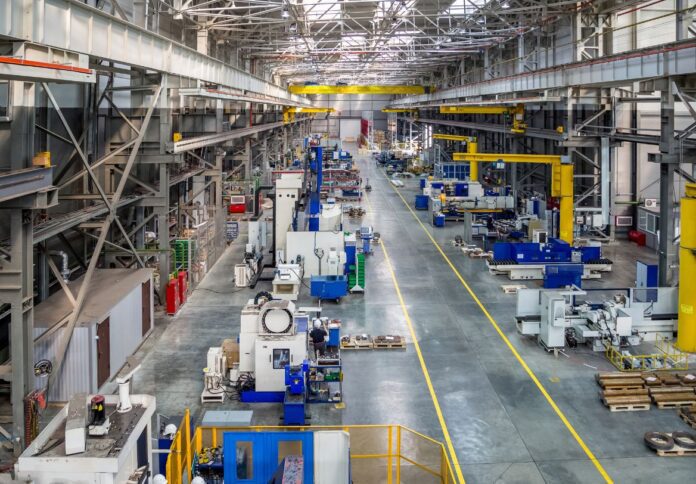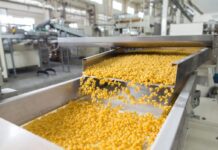
Market conditions in Australia’s manufacturing sector deteriorated in February due to sharper falls in output and volumes of outstanding business amid a quicker decline in new orders.
The headline seasonally adjusted Judo Bank Australia Manufacturing Purchasing Manager’s Index (PMI) re-entered the contraction territory in February with a 47.8 rating, down from January’s 50.1.
The latest downturn comes amid worsening demand conditions, according to the Judo Bank survey.
“The Judo Bank Manufacturing PMI dipped in February back to levels seen over the second half of 2023 after what appears to be a one-off bounce in January. While the Manufacturing PMI points to an ongoing slowdown in the sector, it should be noted that manufacturing activity indexes remain well above levels historically associated with a recession for the industry or the broader economy,” said Warren Hogan, chief economic advisor at Judo Bank.
Incoming new orders slipped at the fastest pace in the last three months. Meanwhile, export orders declined at a faster rate than in January.
Production levels also declined in February and at the fastest pace outside of the pandemic period. This fall contributed to a decline in finished goods holdings, despite Australian firms working through their backlogs at a survey-record rate amid a lack of new work inflows.
Employment continued to decline for a fourth straight month in the latest survey period and at a more pronounced rate compared to January.
The volume of new work also declined, pushing Aussie manufacturers to reduce their headcounts in the second month of the year.
Furthermore, purchasing levels declined amid lower new work intakes and production.
Stocks and purchases rose marginally across the Australian manufacturing sector, with some companies reporting that they gained safety stocks as supply delays increased.
“There is evidence that supply chain disruptions are impacting the Australian manufacturing sector. Supplier delivery times remained stretched in February, which suggests that the rerouting of ships around Africa is impacting Australian industry,” Hogan said.
Sentiment from Australian manufacturers remained positive, with the confidence level in the sector still elevated.
Business leaders are hopeful that sales can rise in the year ahead. However, concerns over increased competition and inflation meant optimism dipped slightly since January.



















